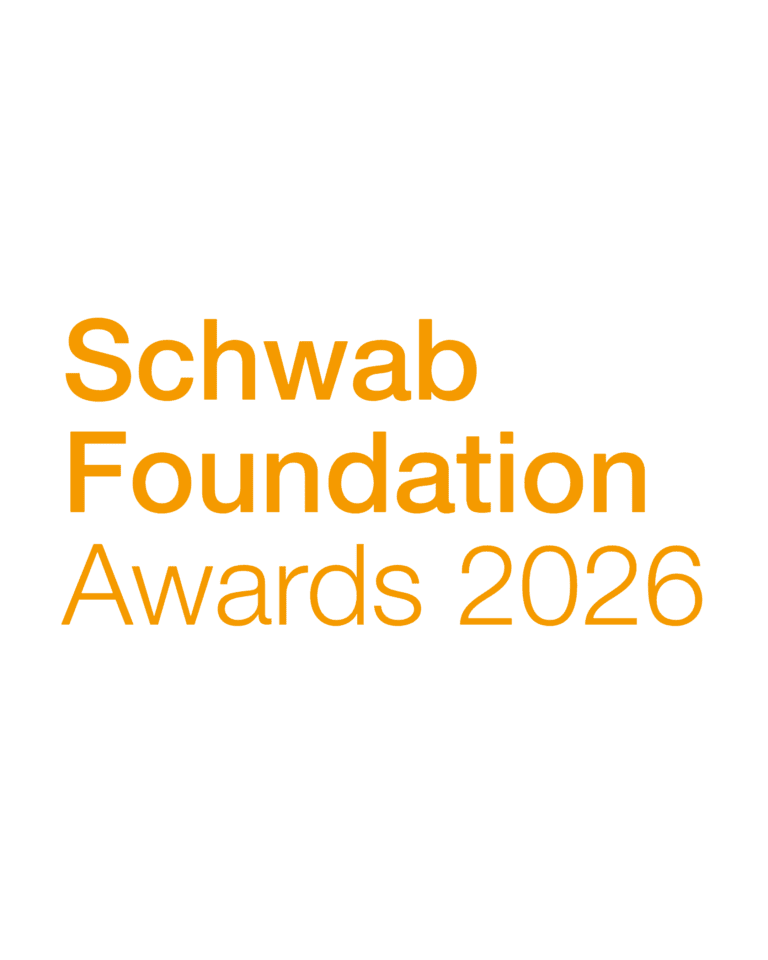Science, technology, engineering, and math (STEM) education is a national economic imperative at the heart of some of this country’s most pressing global challenges.
That’s why in 2011, in response to President Obama’s urgent call for 100,000 new STEM teachers in 10 years, the Clinton Global Initiative got involved in helping to bring together partners to answer the call and provide more kids with an excellent STEM education.
100Kin10 recently celebrated six years of their life-changing work at their annual partner summit. It’s an incredible achievement for a commitment that started with 28 founding organizations and has now grown to nearly 300 organizations, including academic institutions, nonprofits, foundations, corporations, and federal agencies — all working to strengthen STEM education here in the United States.
President Clinton addressed the group of partners, who have already trained more than 40,000 new STEM teachers in the first five years, and are on track to prepare 100,000 highly qualified STEM teachers by 2021.
Praising their collaborative and entrepreneurial approach to solving a seemingly intractable challenge, President Clinton told the group that “this partnership is a metaphor for how the world should work.”
Read the full story here.



